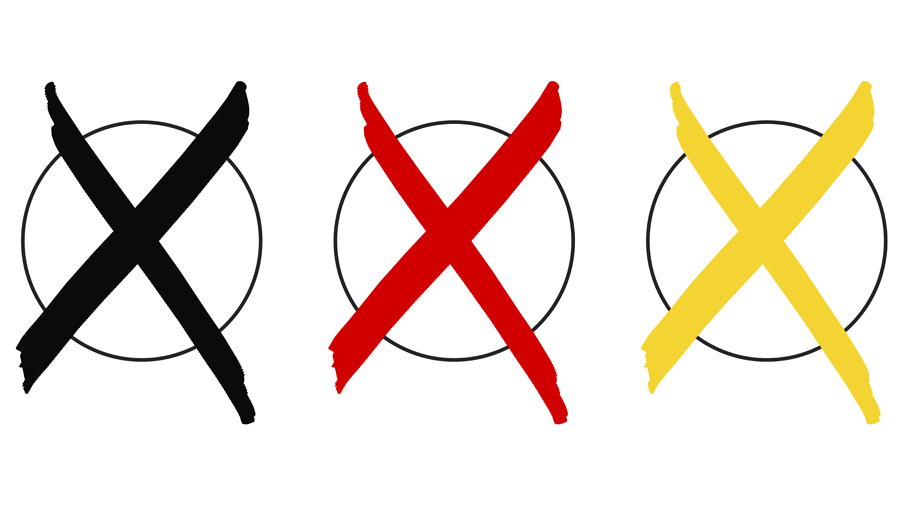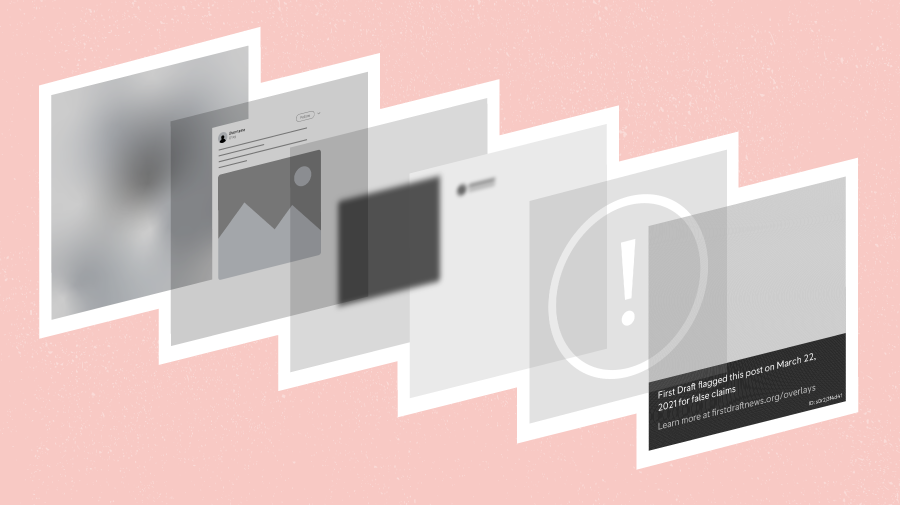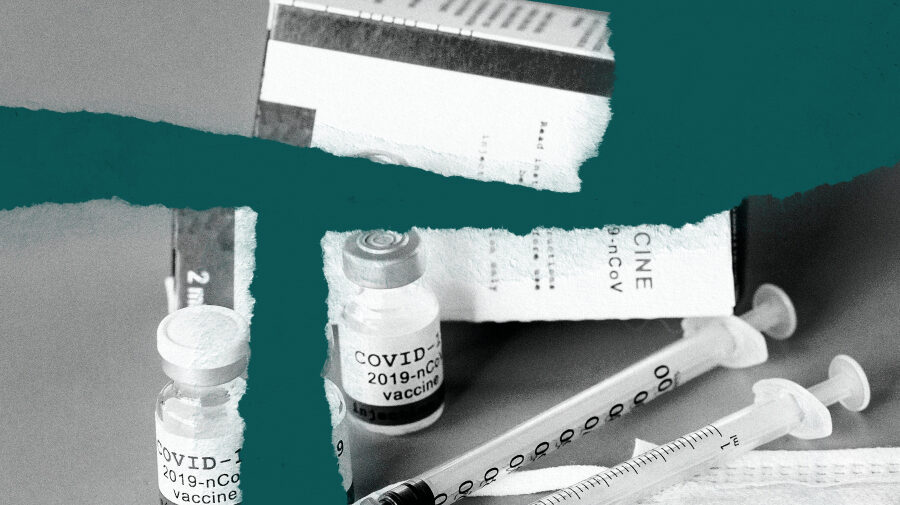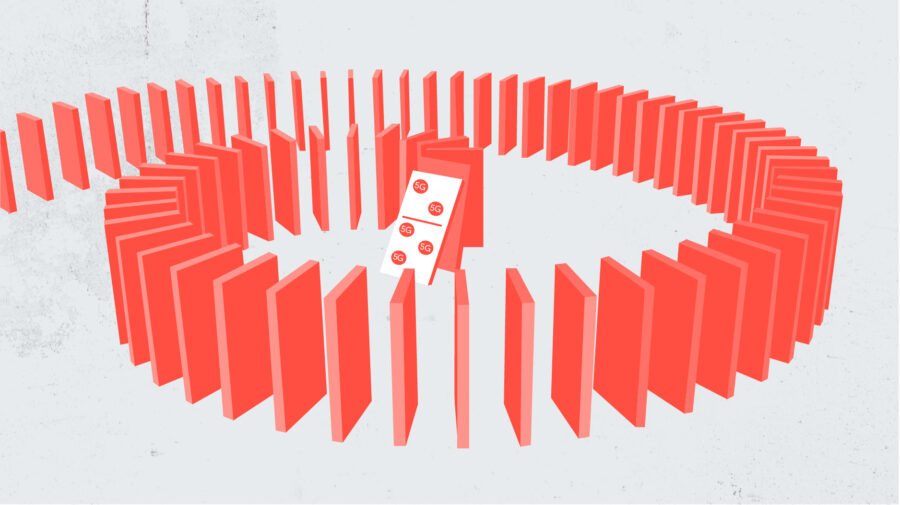After working on the US, French and UK elections, we’re starting to develop some best practices around monitoring online mis- and dis-information during elections in real time. Perhaps unsurprisingly, we plan on supporting newsrooms as they fact-check and report on fabricated and misleading content circulating online in the lead-up to the federal election in Germany.
Subscribe to our daily, #WahlCheck17 German-language newsletter
Funded and supported by Google News Lab and Facebook, the #WahlCheck17 team of newly recruited First Draft journalists and editors will join the fact-checking organization Correctiv.org in their offices in Berlin for the four weeks leading up to the election on September 24. Correctiv.org is the first nonprofit investigative newsroom in the German-speaking world. The fact-checking-team of correctiv.org started a few month ago and is member of the International Fact Checking Network.
The team of the collaborative pop-up newsroom includes fact-checking experts from First Draft and Correctiv.org, experienced students and graduates from the Hamburg Media School as well as freelance journalists. Using similar techniques to the ones we employed in our project with Full Fact during the UK election, we will monitor online conversations in real-time, and alert newsrooms by publishing a daily newsletter. The verification team at the German Press Agency (DPA) is supporting the #WahlCheck17 team in a consultative function through regular editorial meetings. These newsletters will list the most popular rumours, photoshopped images, manipulated videos, and misleading articles and data visualizations circulating online, offering contextual information about the sources, relevant data and the results of forensic social verification techniques.
We will use a combination of tools and techniques to do this work. Newswhip, Crowdtangle and Trendolizer will help us monitor and discover content that is being shared. Newswhip also gives us the capability to predict how widely a piece of content will be shared (a crucial part of our work, as it helps us decide whether or not to publicly debunk something). We will also be using Trendsmap to keep track specifically of Twitter trends by location, and Botswatch to map bot networks. We will also be collecting large numbers of posts from Twitter, Facebook, Reddit and 4Chan to analyze conversations online from relevant pages, groups and accounts. Google Trends will help us to understand what topics people are searching for, which is a way of potentially picking up election-related rumours that are starting to spread. To increase the visibility of fact-checked information, the team will also use the Fact-Check Tag for Google Search and Google News.
At First Draft, one of our guiding principles is that it makes no sense for 25 journalists at different newsrooms to all debunk the same content. Our hope is that the newsletters will include information that will help German publishers in their reporting on the election. If rumours or fabricated content are only being shared by small numbers of people online, particularly if the shares are taking place among niche communities, we will alert newsrooms, as it could potentially provide information and context to improve their coverage. However, from our work to date, we have learned that debunking this type of content can give unnecessary oxygen to problematic content.
Conversely, when the team sees certain content being shared widely, Correctiv.org will write up the story as part of their ongoing fact-checking of the election, and will push them out on their social channels and provide a link in the daily newsletter. We also hope that our alerts will mean that in these cases, a number of different German news organizations will also publish the debunks on their sites and social media. If this happens collectively, there is a good chance that audiences will see that the information or imagery is false or misleading (this type of collaboration as part of the CrossCheck project seemed to significantly amplify debunks during the French election). It might also pressure those who created the original posts to correct or delete them (something that we’ve seen happen in previous elections).
Our work with Full Fact on the UK election demonstrated to us that during elections, mis- and dis-information monitoring and debunking should be carried out by fact-checkers and verification specialists working together. Fact-checkers traditionally work to authenticate material put out by official sources: politicians, campaigns, news coverage, and think tanks. Verification specialists traditionally work on monitoring and debunking information being shared by unofficial sources online, whether that’s a meme created by enthusiastic and partisan supporter, or a series of tweets pushed out by a bot network.
Election campaigns are now increasingly fought online, particularly on Facebook. Hyperpartisan sites, relying on highly emotive content were incredibly powerful during the US, French and UK elections. But when the content being shared often combines visual imagery with references to politicians voting records, you need fact-checking and verification specialists.
We are excited to be working with Correctiv.org, and hope that this project will help German newsrooms as they report on this election. Our hope is also to avoid duplication, and by focusing on what is false and misleading, to offer a service which will free up German newsrooms to actually work on reporting the truth.
Subscribe to our daily, #WahlCheck17 German-language newsletter







2 thoughts on “#WahlCheck17: Monitoring the German election”
Comments are closed.